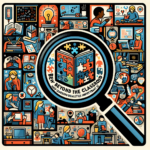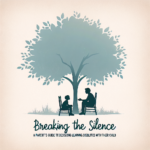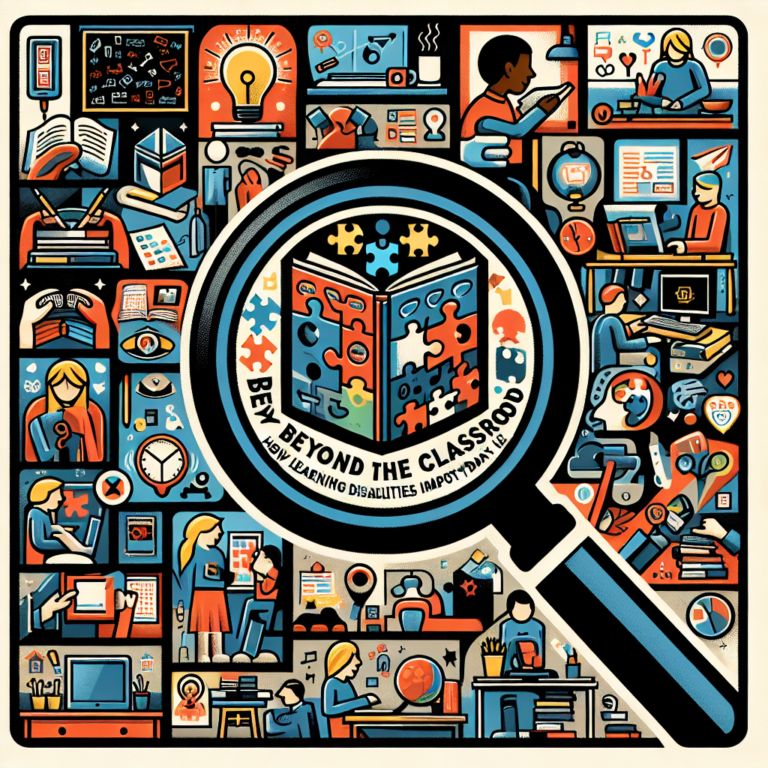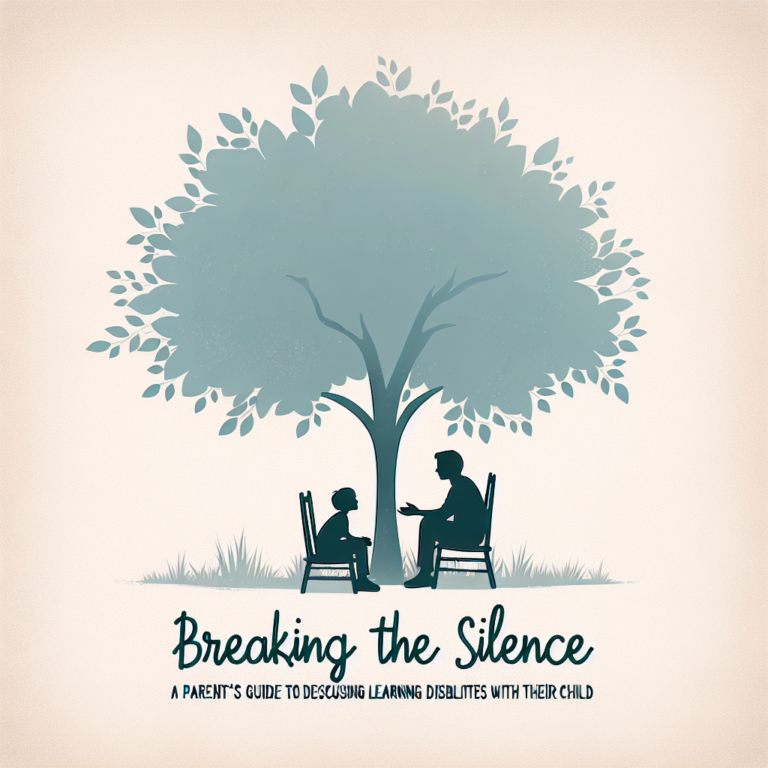
Introduction
In today’s competitive job market, landing an interview is just the first step in a journey that can determine your career trajectory. Nailing the interview: proven techniques for success can mean the difference between receiving a job offer or continuing the search. Surveys indicate that 70% of employers make their hiring decisions based on the interview alone. With such stakes, mastering interview techniques is essential for any job seeker. In this article, we will delve into effective strategies, valuable insights, and real-world case studies to empower you to ace your next interview.
Understanding the Interview Landscape
Before jumping into strategies, it’s crucial to understand the interview landscape. Interviews are not just assessments; they are two-way conversations that allow both the interviewer and interviewee to gauge compatibility.
Types of Interviews
- Behavioral Interviews: These focus on how you have handled past situations.
- Technical Interviews: Common in STEM fields, these assess your technical capabilities.
- Case Interviews: Popular in consulting, where problem-solving abilities are tested through hypothetical scenarios.
- Panel Interviews: Involve multiple interviewers, often used for high-stakes positions.
- Virtual Interviews: Increasingly common, these require a different set of skills to navigate effectively.
The Importance of Preparation
Preparation is the cornerstone of nailing the interview: proven techniques for success. A well-prepared candidate conveys confidence, knowledge, and willingness. Here’s a roadmap for effective preparation:
- Research the Company: Understand the company’s mission, values, and culture.
- Know the Role: Familiarize yourself with the job description and required skills.
- Practice Common Questions: Familiarize yourself with frequently asked questions and practice your responses.
Proven Techniques for Success
1. Mastering the STAR Method
One highly effective strategy in behavioral interviews is the STAR method (Situation, Task, Action, Result). By framing your answers using this technique, you can provide clear, structured responses that highlight your skills effectively.
Example:
- Situation: Describe a challenge in your previous job.
- Task: Explain your role in addressing it.
- Action: Detail the steps you took.
- Result: Conclude with the outcome of your actions.
Case Study: The STAR Method in Action
Maria, an enthusiastic marketing professional, used the STAR method in her interview for a digital marketing role. Instead of simply stating that she increased webpage traffic, she framed her experience within the STAR model, detailing how she analyzed traffic patterns (Situation), created a targeted campaign (Task), executed it across multiple platforms (Action), and finally boosted their traffic by 40% (Result). This structured approach not only impressed the interviewers but also helped her secure the position.
2. Leveraging Mock Interviews
Mock interviews are a powerful tool in the preparation phase. They allow you to practice responding to questions in a safe environment.
| Benefits of Mock Interviews | Details |
|---|---|
| Builds Confidence | Simulates real interview pressure |
| Improves Body Language | Helps in mastering non-verbal cues |
| Provides Constructive Feedback | Identify areas for improvement |
| Enhances Communication Skills | Clarify your message clearly |
Analysis:
A mock interview can expose you to potential pitfalls in your responses and body language before the actual interview, making it an invaluable resource.
3. The Power of Questions
Asking insightful questions demonstrates your interest in the role and helps you judge your fit for the company. Prepare a list of questions about the company’s culture, expectations, and growth opportunities.
Examples of Questions to Ask:
- What does success look like in this role?
- How does this position contribute to the company’s goals?
- Can you describe the team I would be working with?
Being equipped with insightful questions can set you apart as a thoughtful candidate.
Case Study: Engaging with Questions
Evan interviewed for a tech startup and prepared several questions that showcased his understanding of their product. When he asked about the future roadmap of the application, the interviewer was impressed by his engagement and knowledge. This led to a vibrant discussion that ultimately landed him the job.
Practical Considerations
- Dress Appropriately: Dress in accordance with the company culture.
- Arrival Time: Arrive at least 15 minutes early to show punctuality.
- Follow-Up: Send a thank-you note to reiterate your interest post-interview.
Common Pitfalls to Avoid
- Over-Talking: Be concise in your answers to stay relevant.
- Negativity: Avoid speaking poorly about previous employers.
- Lack of Preparation: Not knowing basic company information can hurt your credibility.
Conclusion
Nailing the interview: proven techniques for success is not just a checklist but a mindset and a process. Mastering these strategies can elevate your performance and instill a sense of confidence as you navigate interviews. By understanding the interview landscape, practicing the STAR method, conducting mock interviews, and asking meaningful questions, you’ll place yourself in an excellent position to secure your dream job.
Actionable Insights
- Prepare using the STAR method for behavioral questions.
- Engage in mock interviews for real-time feedback.
- Ask insightful questions that reflect your interest and understanding.
With these techniques, you can transform your approach to interviews and significantly increase your chances of success.
FAQs
1. How should I dress for an interview?
Dressing appropriately depends on the company’s culture. When in doubt, opt for business casual.
2. What should I bring to the interview?
Bring multiple copies of your resume, a notebook, a pen, and any other materials related to the interview.
3. How can I handle stress before the interview?
Practice deep breathing, prepare well, and visualize a successful outcome to manage anxiety.
4. How do I follow up after the interview?
Send a brief thank-you email expressing gratitude for the opportunity and reiterating your enthusiasm for the role.
5. What if I do not have experience in the field?
Focus on transferable skills, your willingness to learn, and any relevant coursework or projects.
By committing to these proven techniques and strategies, you’re not only preparing for your upcoming interview but also laying the groundwork for a successful and fulfilling career journey. So, get ready and go nail that interview!















